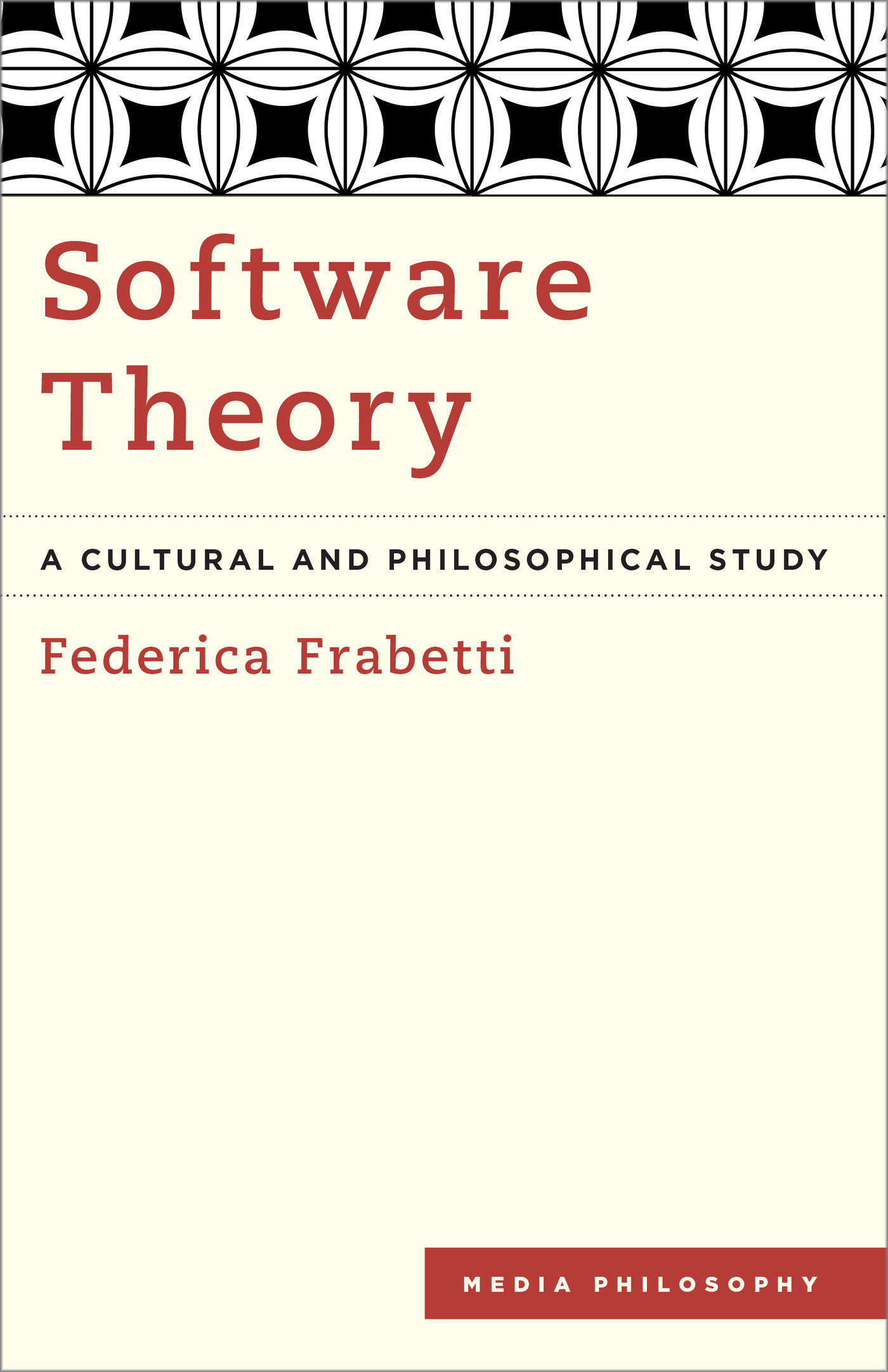Software Theory
Media Philosophy
Series Editors: Eleni Ikoniadou, Lecturer in Media and Cultural Studies at the London Graduate School and the School of Performance and Screen Studies, Kingston University and Scott Wilson, Professor of Cultural Theory at the London Graduate School and the School of Performance and Screen Studies, Kingston University
The Media Philosophy series seeks to transform thinking about media by inciting a turn towards accounting for their autonomy and eventness, for machine agency, and for the new modalities of thought and experience that they enable. The series showcases the transcontinental work of established and emerging thinkers whose work engages with questions about the reshuffling of subjectivity, of temporality, of perceptions and of relations vis--vis computation, automation, and digitalisation as the current 21st century conditions of life and thought. The books in this series understand media as a vehicle for transformation, as affective, unpredictable, and non-linear, and move past its consistent misconception as pure matter-of-fact actuality.
For Media Philosophy, it is not simply a question of bringing philosophy to bear on an area usually considered an object of sociological or historical concern, but of looking at how developments in media and technology pose profound questions for philosophy and conceptions of knowledge, being, intelligence, information, the body, aesthetics, war, death. At the same time, media and philosophy are not viewed as reducible to each other's internal concerns and constraints and thus it is never merely a matter of formulating a philosophy of the media; rather the series creates a space for the reciprocal contagion of ideas between the disciplines and the generation of new mutations from their transversals. With their affects cutting across creative processes, ethico-aesthetic experimentations and biotechnological assemblages, the unfolding media events of our age provide different points of intervention for thought, necessarily embedded as ever in the medium of its technical support, to continually re-invent itself and the world.
The new automatism is worthless in itself if it is not put to the service of a powerful, obscure, condensed will to art, aspiring to deploy itself through involuntary movements which none the less do not restrict it.
Eleni Ikoniadou and Scott Wilson
Titles in the Series
Software Theory, by Federica Frabetti
Media After Kittler, by Eleni Ikoniadou and Scott Wilson
Cypherpunk Philosophy, by Paul J. Ennis
Software Theory
A Cultural and Philosophical Study
Federica Frabetti

London New York
Published by Rowman & Littlefield International, Ltd.
Unit A, Whitacre Mews, 26-34 Stannary Street, London SE11 4AB
www.rowmaninternational.com
Rowman & Littlefield International, Ltd. is an affiliate of Rowman & Littlefield
4501 Forbes Boulevard, Suite 200, Lanham, Maryland 20706, USA
With additional offices in Boulder, New York, Toronto (Canada), and London (UK)
www.rowman.com
Copyright 2015 by Federica Frabetti
All rights reserved. No part of this book may be reproduced in any form or by any electronic or mechanical means, including information storage and retrieval systems, without written permission from the publisher, except by a reviewer who may quote passages in a review.
British Library Cataloguing in Publication Information Available
A catalogue record for this book is available from the British Library
ISBN: HB 978-1-78348-196-5
ISBN: PB 978-1-78348-197-2
ISBN: EB 978-1-78348-198-9
Library of Congress Cataloging-in-Publication Data
Frabetti, Federica, 1966 author.
Software theory : a cultural and philosophical study / Federica Frabetti.
pages cm. (Media philosophy)
Includes bibliographical references and index.
ISBN 978-1-78348-196-5 (cloth : alk. paper)ISBN 978-1-78348-197-2 (pbk. : alk. paper)ISBN 978-1-78348-198-9 (electronic)
1. Software engineeringSocial aspects. 2. Software architectureSocial aspects. I. Title.
QA76.758.F725 2014
005.1dc23
2014033084
 TM The paper used in this publication meets the minimum requirements of American National Standard for Information Sciences Permanence of Paper for Printed Library Materials, ANSI/NISO Z39.48-1992.
TM The paper used in this publication meets the minimum requirements of American National Standard for Information Sciences Permanence of Paper for Printed Library Materials, ANSI/NISO Z39.48-1992.
Printed in the United States of America
Acknowledgements
This book has been inspired by almost fifteen years of writing software as a software engineer for telecommunications. The people I wrote software with are too many to be named; nevertheless, I would like to thank them here because I learnt so much from them while also having so much fun.
The origins of this project lie with my time as a doctoral student at Goldsmiths, University of London, which provided an exciting and stimulating environment for the much more critical questioning of technology. First and foremost I am grateful to Joanna Zylinska for being an exceptional guide and a demanding interlocutor while I was at Goldsmiths, and for remaining a mentor and a friend long afterwards. Her work remains for me a model of intellectual and political engagement. I would also like to express my gratitude to all those who have read various parts of this book and immensely enriched it with their comments and critiques: David Boothroyd, Scott Dexter, Gary Hall, Janet Harbord, Sarah Kember, David Morley, and the late and much missed Mark Poster. I am especially grateful to Gary Hall for proposing Software Theory as the title of this book and for sharing with me some of his tremendous insights on technology (not least the one about quasi-functioning software).
Many years ago I had the privilege to discuss the early stages of my project with N. Katherine Hayles at a Masterclass organized by Rosi Braidotti at the University of Utrecht. Although over time my thought on technology has taken a different direction from Hayless, I maintain the greatest admiration for her work and feel fortunate to have remained in dialogue with her throughout the years. I am grateful to my colleagues and students at Oxford Brookes University for providing a lively environment for the discussion of my thoughts on philosophy and technology and for supporting the realization of this book through various research grants. I am also indebted to a number of other universities which have lent hospitality to my ideas, including Columbia University, New York; Brooklyn College, CUNY; Coventry University, and the University of Naples LOrientale (Italy). I am very grateful to the editors and reviewers at Rowman & Littlefield International for all their help and support with this project.
Parts of this book have been published as articles. An earlier version of Chapter 1, entitled Rethinking the Digital Humanities in the Context of Originary Technicity, acted as an opening to the special issue of Culture Machine, The Digital Humanities beyond Computing, vol. 12 (2011), which I edited. An early version of two sections of Chapter 3 and 4 appeared as part of another article, entitled Does It Work? The Unforeseeable Consequences of Quasi-Failing Technology, Culture Machine (Creative Media 11 [2009], http://www.culturemachine.net).

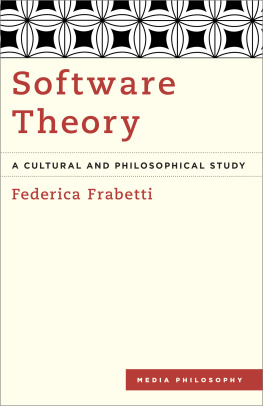
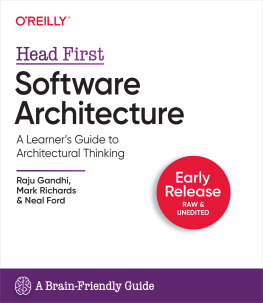


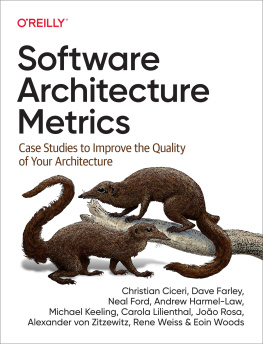
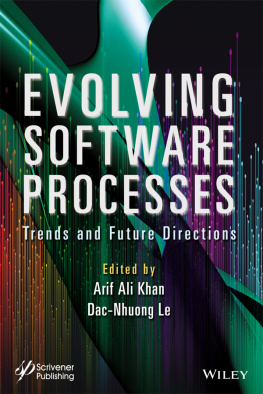
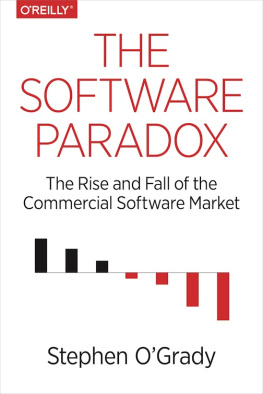
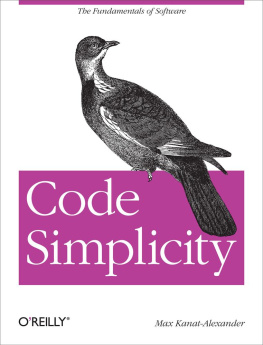
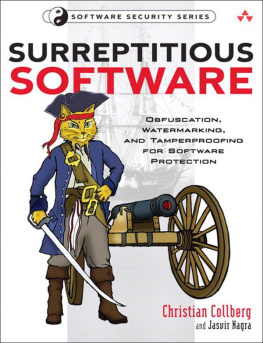
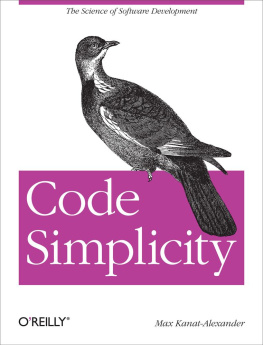

 TM The paper used in this publication meets the minimum requirements of American National Standard for Information Sciences Permanence of Paper for Printed Library Materials, ANSI/NISO Z39.48-1992.
TM The paper used in this publication meets the minimum requirements of American National Standard for Information Sciences Permanence of Paper for Printed Library Materials, ANSI/NISO Z39.48-1992.